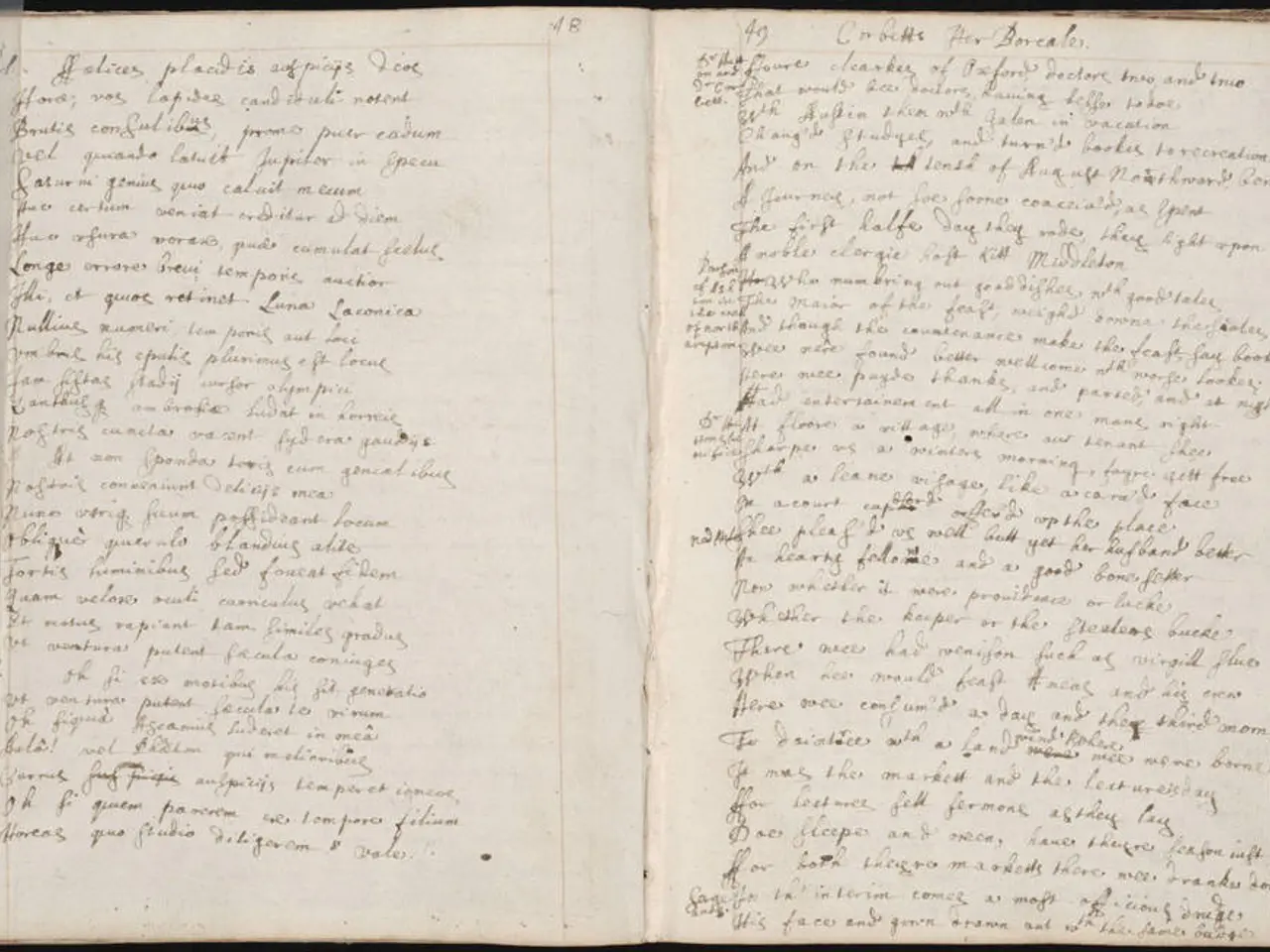Impact of Diverse Characters on Children's Literature Culture and Society
In the realm of early education, diverse characters in children's books play a pivotal role in shaping young minds. These narratives, brimming with characters cooperating, forming friendships, and resolving conflicts despite cultural differences, serve as a beacon for children, helping them understand that social cohesion and mutual respect are universal values that transcend cultural backgrounds.
These stories, starting from the tender age of 3, are instrumental in fostering self-identity and confidence. When children see characters that look like them or share their experiences, it validates their identity and boosts self-esteem, especially for those from minority backgrounds. This representation is a crucial stepping stone in promoting acceptance and reducing prejudice, laying a foundation against racism, discrimination, and bias later in life.
Moreover, books with diverse characters introduce children to topics like race, culture, family structures, and disabilities in age-appropriate ways, facilitating difficult conversations that parents and educators often find challenging. These books encourage social and emotional learning, teaching empathy, cooperation, and understanding, essential skills for socialization in diverse settings.
However, it's essential to note that simply reading diverse books is not enough. To deepen understanding and personal connection, educators and parents should create interactive, sustained experiences with multicultural literature. High-quality multicultural books should avoid stereotypes and present characters and cultures authentically to provide realistic and respectful insights.
Inclusive children's books significantly contribute to fostering empathy and social skills, enabling children to learn about respect, fairness, and kindness, and how these values are expressed in different cultures. By challenging stereotypes and promoting inclusivity, these books teach children to value and celebrate diversity, equipping them with the tools necessary to thrive in a diverse society.
In conclusion, diverse characters in children’s literature for early education help nurture self-esteem, empathy, inclusivity, and critical social skills necessary to navigate the complexities of our increasingly diverse world. These books are not just tales to be read; they are stepping stones towards a more inclusive, empathetic, and understanding future.
- Through diverse characters in these early education books, children learn about the importance of lifestyle, education-and-self-development, and general-news values that promote mutual respect and social cohesion.
- Reading inclusive children's books fosters empathy and understanding, empowering young minds to address topics such as lifestyle, education-and-self-development, and general-news differences among various cultures, thereby promoting inclusivity and combating prejudice.




